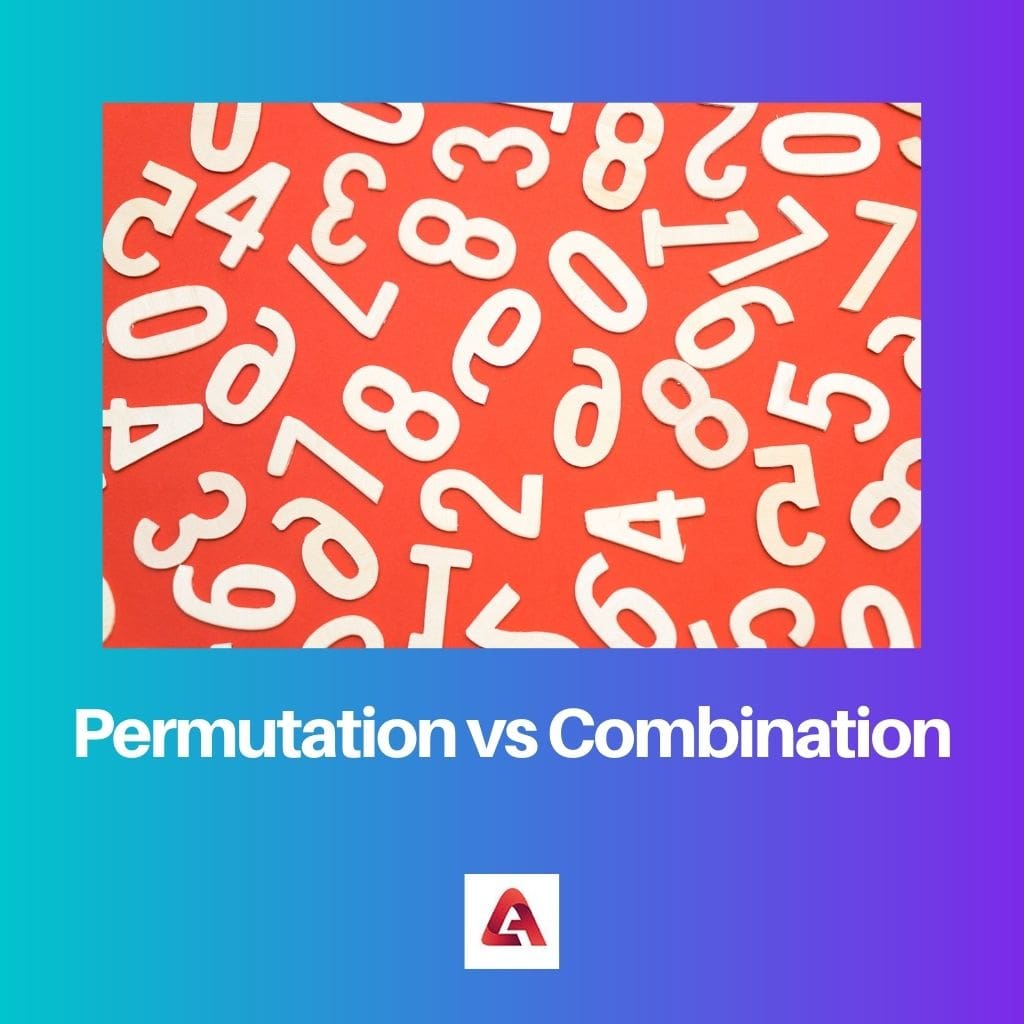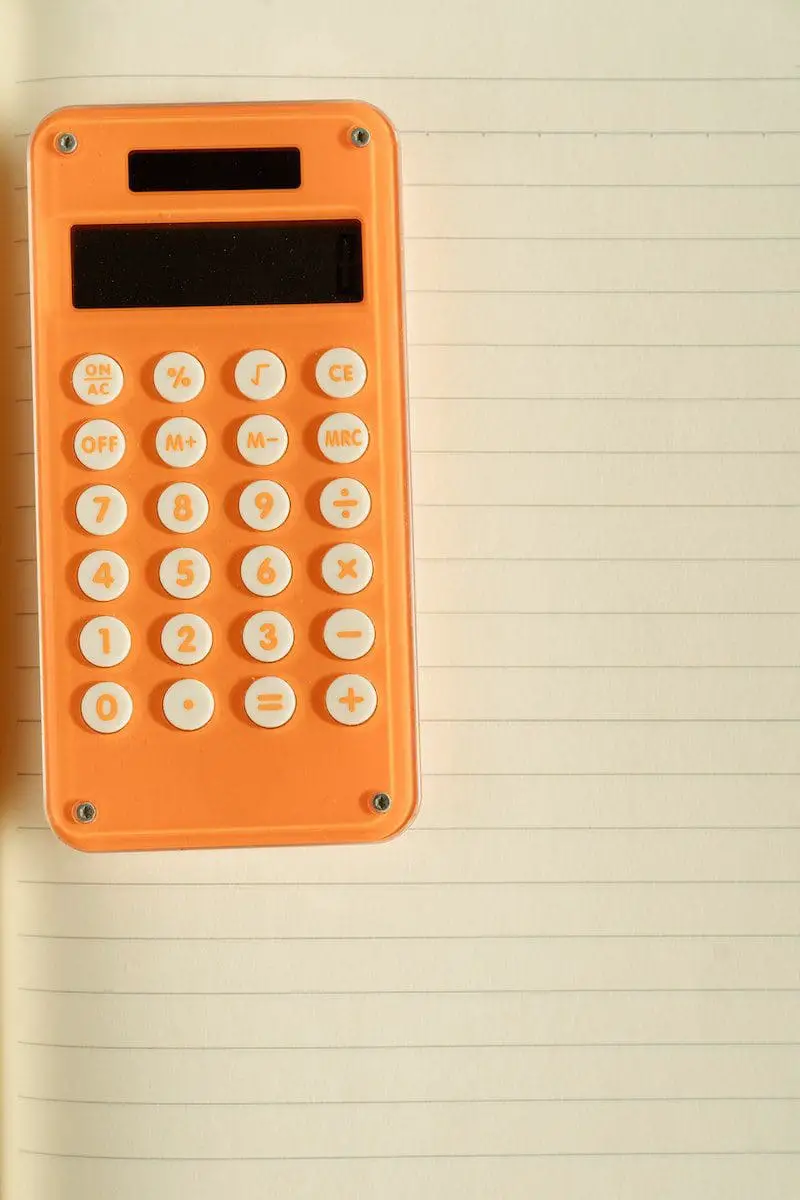A permutation is for lists where does order matters but in Combination, it doesn’t. Practically, both involve selecting a subset from several elements.
With a simple example, when you return from the market, if your mom asks about the price, you should say it 235 (which is actual), not 325 or 532. That’s Permutation.
Key Takeaways
- A permutation is an arrangement of objects in a specific order, with the number of permutations calculated as the total possible orderings of those objects.
- A combination is a selection of objects without regard to their order. The number of combinations is calculated as the possible ways to choose a specific number of objects from a larger set.
- Both permutations and combinations are concepts in combinatorics, but they differ in whether the order of objects matters, with permutations, focused on ordered arrangements and combinations on unordered selections.
Permutation vs Combination
The difference between Permutation and Combination is that in a permutation, the order of the elements is taken into consideration and a permutation can be either with repetition or without repetition. In a combination, the order of the elements is not a matter of concern.

Comparison Table
| Parameter of comparison | Permutation | Combination |
|---|---|---|
| Definition | ‘Permutation’ is a collection of an object where the order of objects is important. | ‘Combination’ is a collection of objects where an order isn’t important. |
| Represents | Arrangement | Selection |
| Order effects | Yes | No |
| Derived | Multiple Permutation derived from a single combination | Only single Combination may be derived from a Permutation |
What is Permutation?
‘Permutation’ is defined as an arrangement that can be done using some of the objects or items in an ordered manner. It’s all about arrangement.
Suppose, a smartphone is locked by a PIN code which is 9396. To unlock, it won’t open if you enter 9693, because there is a different ordering for your smartphone’s PIN.

What is Combination?
‘Combination’ is defined as the selection that can be done using some of the items where order does not matter.

Main Differences Between Permutation and Combination
The difference Between Permutation and Combination are clearly explained below:
- Placement and order is the main difference between permutation and combination. In permutation, we are restricted to comply with an order but in combination, there is no such restriction.
- A permutation is just an arrangement of the things where the arrangement will be in a specific order. The combination is a selection where the selection is without any specific order.
- In Permutation, the number of arrangements is denoted by nPr.
- Multiple permutations can be derived from a single combination but only a single combination may be derived from one permutation.
- A permutation is the choice of ‘r’ things from the group or set of ‘n’ things with the order. The combination is a selection of ‘r’ things from the large set or group of ‘n’ things without any specific order.




